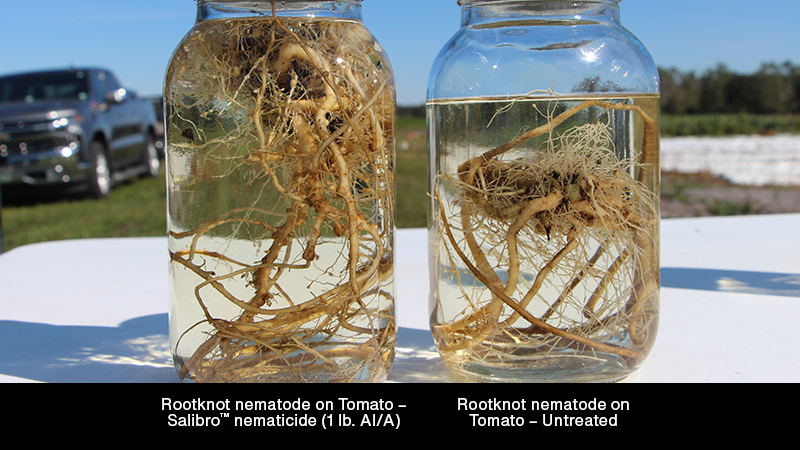Researchers Get More Financial Backing To Tackle Citrus Greening
University of Florida scientists were recently awarded with more than $16 million in new funding to advance multiple research projects to combat the deadly citrus greening disease (aka, HLB).
The funding ($16,382,191), awarded from USDA’s National Institute of Food and Agriculture Emergency Citrus Disease Research and Extension (ECDRE) program, is spread out over eight projects, five of which are funded at $1 million or more and run from two to five years. Most of the projects are collaborations with UF/IFAS faculty from the Citrus Research and Education Center in Lake Alfred, the Southwest Florida Research and Education Center in Immokalee, and the University of Florida in Gainesville. A few of the projects engage scientists in California, Texas, and Connecticut.
The largest grant, awarded to Nian Wang, Professor of microbiology and cell science, for nearly $8.6 million supports the development and delivery of HLB disease management approaches by approaching it as a pathogen-triggered immune response disease.
The ultimate goal of this integrated project is to leverage the breakthrough discovery that HLB is a chronic immune disease to develop HLB management approaches for existing groves and non-transgenic HLB-resistant and -tolerant citrus varieties for long-term, sustainable HLB control.
Two projects led by Assistant Professor John Chater and Professor Jude Grosser, will look at rootstocks that appear to be HLB-tolerant and/or resistant to HLB. Another project led by Assistant Professor Fernando Alferez will focus on how to use a combination of individual protective covers (IPC) and brassinosteroids (BRs) — a plant growth regulator — for enhanced protection of citrus trees against HLB after individual protective covers are removed.
UF/IFAS entomologists Kirsten Pelz-Stelinski and Lukasz Stelinski will work on two separate projects. Pelz-Stelinki will work to provide a reliable, insect cell culture-based method for culturing of CLas bacteria, using a novel insect cell line approach. Upon completion of this project, Pelz-Stelinski hopes to have a culture system that serves as an essential research tool for increased understanding of CLas biology and for effective, rapid screening of antimicrobial agents against CLas.
Lukasz Stelinski’s project aims to create an artificial intelligence-driven release device for chemicals that attract Asian citrus psyllids to a killing device. The hope is that a dynamic complex smell generation approach can make the attract-and-kill strategy for psyllids feasible and practical.
Another project tackles the challenging task of gathering and organizing the vast amounts of research findings available to growers by developing tools for citrus industry stakeholders, the HLB-research community and research organization administrators. Outcomes of this national project led by Associate Professor Megan Dewdney will be a database for stakeholders to access critical information about research findings on HLB and high-quality Extension products from existing and future knowledge sources.
For a complete list of received grants for citrus greening disease research projects, visit blogs.ifas.ufl.edu.









